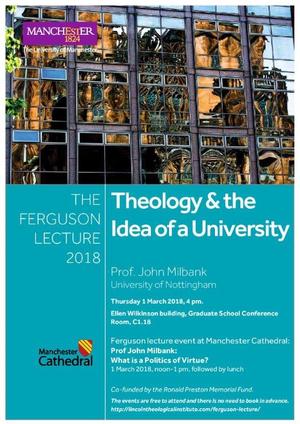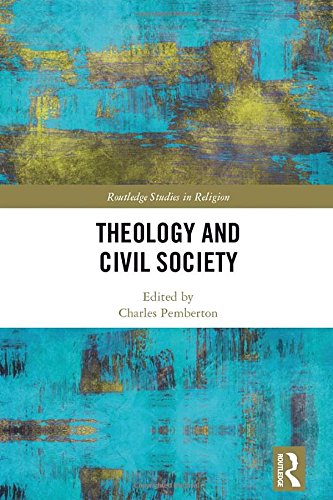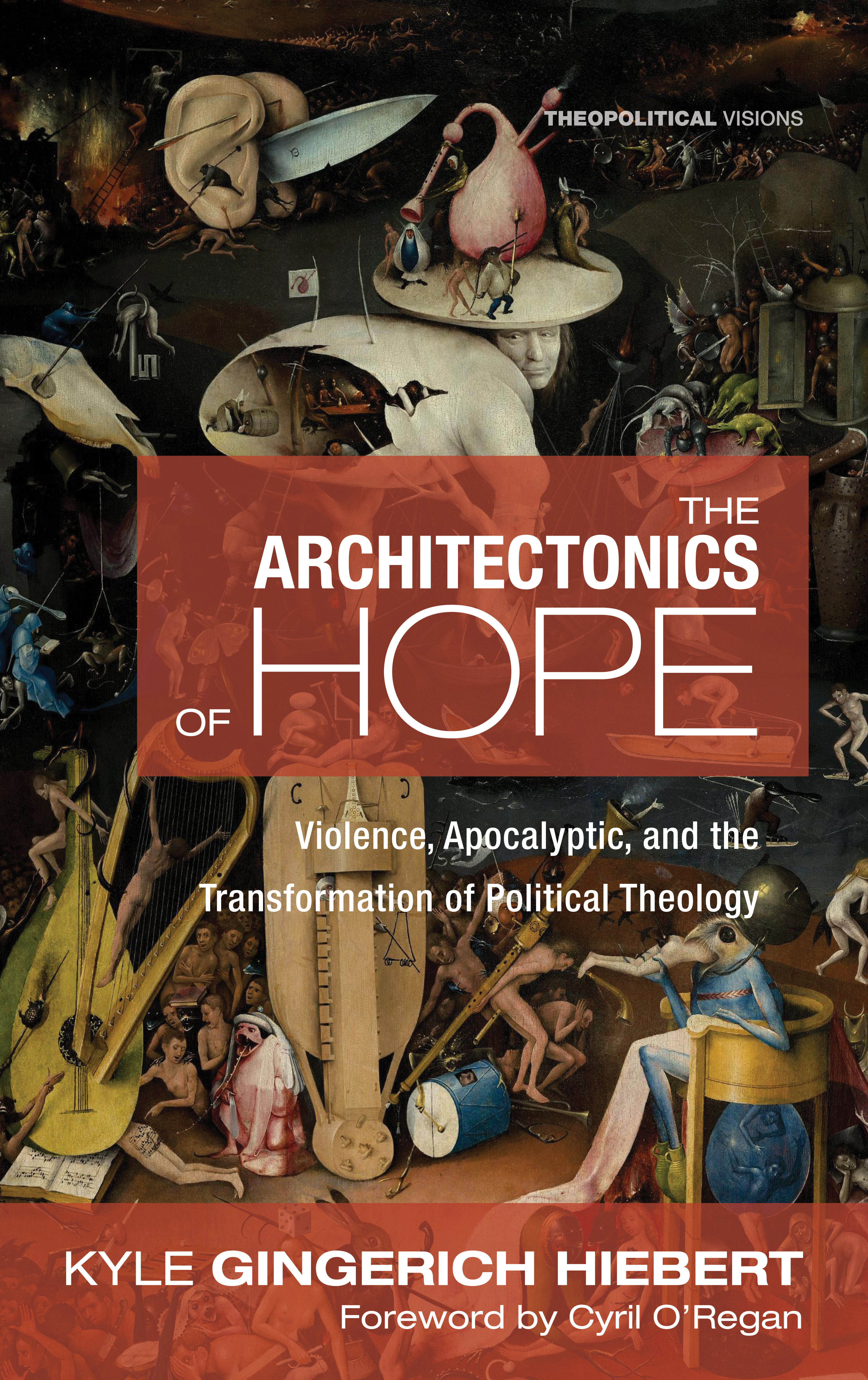
LTI is pleased to announce details of the 2018 Ferguson Lecture, to be given by Prof. John Milbank (University of Nottingham).
The title of the lecture is Theology and the Idea of a University. Below is a short blurb:
Today the place of theology in the university is in crisis, but so is the very idea of a university. We need to think these twin crises together and revive Newman's claim that the including of theology within a university is central to its very definition and purpose. Without theology, universities have degenerated from arts to research based institutions and are now further degenerating into merely instrumental wings of government and financial power. In order to reverse this, theology must recover its place, but first reform itself so that it is no longer watered-down through an internal dominance by supposedly neutral, 'critical' disciplines. Above all, the doubtful duality between theology and philosophy, which so many students now intuitively refuse, must be rejected.
The lecture will take place on Thursday 1 March at 4pm in the Ellen Wilkinson Building, Graduate School Conference Room, C1.18 at the University of Manchester. (The Ellen Wilkinson building is no. 77 on the campus map. The campus map can be accessed here.) The lecture will be followed by a wine reception at 5.30pm.
Earlier the same day there will be a Ferguson presentation at Manchester Cathedral at which Prof. Milbank will speak to the topic, What is a Politics of Virtue? This presentation will take place from noon to 1pm, followed by lunch.
The Ferguson lecture and the Cathedral presentation are free and open to the public; a ticket is not required.
 May 29, 2018
May 29, 2018  To mark the 21st year of LTI's pioneering research, a brochure has been commissioned to highlight some of the Institute's projects, events, and publications. The brochure can be viewed below, or alternatively, it can be downloaded here.
To mark the 21st year of LTI's pioneering research, a brochure has been commissioned to highlight some of the Institute's projects, events, and publications. The brochure can be viewed below, or alternatively, it can be downloaded here. Email |
Email |  Post a Comment
Post a Comment 




